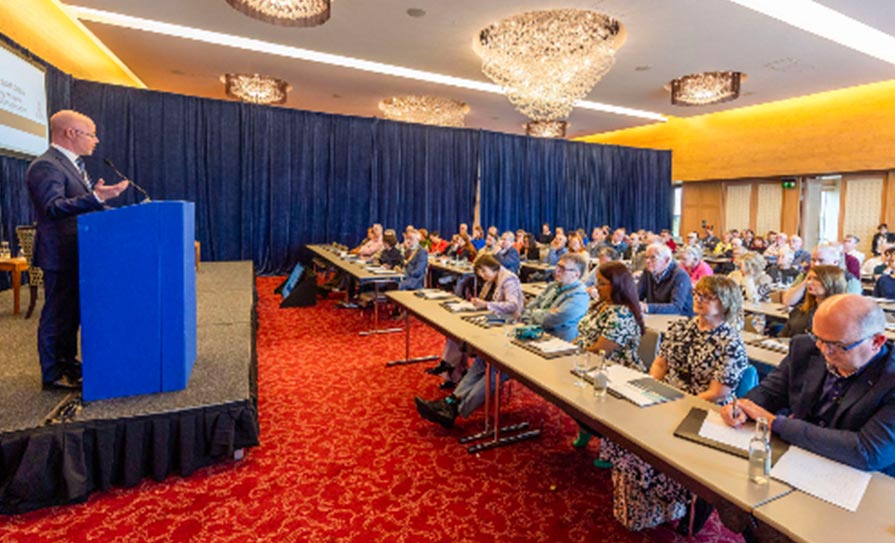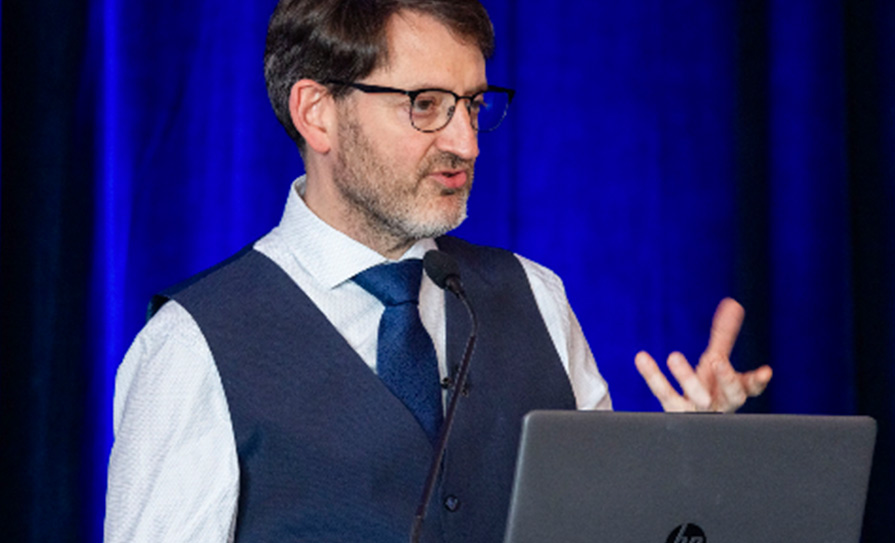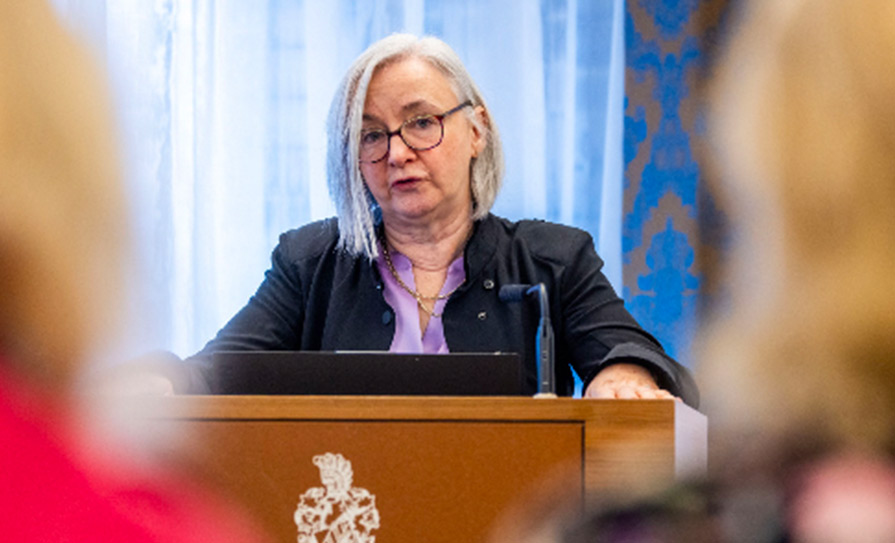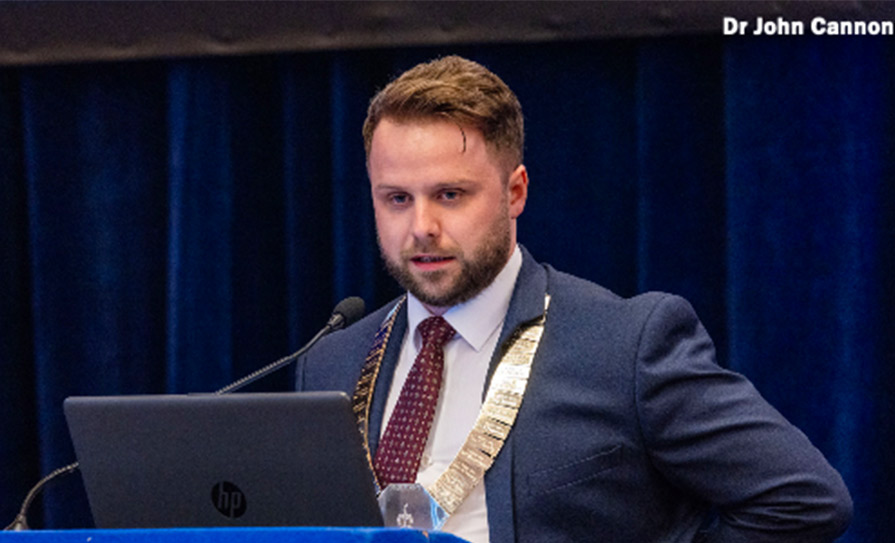Chief Executive of the IMO Ms Susan Clyne provides a series of reasons why doctors should join the IMO and outlines the progress achieved by the Organisation for different medical groups
Why should you be a member of the IMO? Any answer to this question starts and ends with the concept of solidarity with colleagues who work together as one for a better health service, and the ability of a group to achieve more together than they could ever hope to achieve individually.
Above all else, all doctors agree that we need a health service that values doctors and allows them to fulfil their potential so they can deliver optimal care for patients. The IMO, a trade union that represents all doctors, across all specialties from the beginning to end of their careers, is uniquely positioned to fight for that health service.
Solidarity is essential
Solidarity among doctors is essential because the medical community in Ireland is small. The IMO does not prioritise one group of doctors over the other because to do so would lead to a system that fails doctors and patients alike. A fragmented medical community at odds with each other over limited resources would serve employers and the Government, but it would do nothing for doctors.
It is important that we stand resolutely together because there have been several recent attempts to pit doctors against each other, including those who seek to promote acute over community services, or vice versa.
We do not need change for change’s sake
It has been said that the IMO is resistant to change. Nothing could be further from the truth. It is obvious that we need to reform how we deliver our services and switch more care to the community setting, but we also need to solve the problem of capacity in the acute sector. What we don’t need is change for change’s sake.

In Ireland, we have a history of dodging reform that requires real investment across the health service. Capacity, manpower issues, a lack of respect for doctors, and contract breaches are serious problems across acute and community services.
Many have accused doctors and the IMO, as their trade union, of being a vested interest. And we are a vested interest. We are proud to be vested in our determination to have reform that works and will deliver a long-term, integrated service in which each section is valued and properly resourced, with patients receiving appropriate and timely care. We do not seek or deliver political solutions or vote-grabbing manifestos.
Reform of the sector must be based on medical evidence, realistic costings, and the impact on patient demand and capacity. Whatever the merits or otherwise of Sláintecare, it is now quite simply a ‘bulletproof vest’ for the political system and an excuse not to deal with the myriad of problems that beset our services.
Recent successes just the start of the process
Over the past number of years, the IMO has been working and fighting for its members across the board. We have seen much recent success, but this is just the start of the process.
The fact remains that, during years of austerity, doctors were treated unfairly compared to those in the wider public service. We warned at the time that these decisions would have dangerous consequences for patient care and our ability to retain our highly sought-after doctors, but these warnings were not heeded.
As a result, the health service has been decimated, and small, incremental increases in annual budgets have not been enough to reverse the damage.
Progress for GPs
The IMO has fought hard for its members throughout the hard times — even when the State forced the IMO to go to the High Court to defend our basic rights. Thankfully, the Framework Agreement negotiated at that time by the IMO secured the absolute rights of GPs to be represented by their trade union and to allow negotiations to take place on contractual terms and resources.
This was a milestone agreement for GPs to avoid the spectre of unilateral contracts. The IMO — and only the IMO — took on the State on this issue. This win ultimately led to a successful outcome in the fight for the full reversal of €120 million in FEMPI cuts, through which the IMO also secured an additional 10 per cent in pension contributions and an extra €80 million for new chronic disease management services.
There are still many issues to be resolved in general practice, including the onerous nature of the contract, and out-of-hours and nursing home services. We are adamant that the FEMPI monies taken from GPs will not fund a new GP contract. They will be used solely to support existing services, which had been starved of funding for the past decade. What has been achieved in this deal should be viewed as the beginning of a process, not the end.
Consultants
In the past 12 months, we have also fought for and won the reversal of the Government’s blatant contractual breach for those who took up the 2008 consultant contract. Unfortunately, though perhaps not surprisingly, once again the State forced individual consultants through a lengthy legal process to secure this payment of basic rights.
The concept of solidarity in this case was critical: We ensured that not only the litigants in the case benefitted from its outcome.
The IMO fought for this agreement to be inclusive and to address the discrimination faced by those consultants appointed since 2012. The Government refused to countenance any attempts to right the wrong, so that fight continues.
The victory that was achieved by the IMO for many consultants left a bitter taste in the mouth, as the pay inequality issue for colleagues was never dealt with.
We are resolute in our determination to end this pay discrimination: It is a basic principle that equal work means equal pay and the effect of the unilateral 30 per cent cut on our newer consultant colleagues has directly led to the situation where we do not have enough consultants working in Ireland, or even enough applicants for posts that, in the past, would have been highly competitive. All doctors in the IMO support our #FightForFairness campaign to finally end this injustice.
NCHDs
The environment remains challenging for NCHDs, as hospitals refuse to pay overtime, refuse to adhere to legal working hours and expect interns to work in induction for up to two weeks for nothing.
However, the IMO has delivered some critical successes for NCHDs over the past year, with an agreement reached on incremental credit for recognition of other degrees and locum experience. Another agreement has also been struck on new training supports, which will go some way to alleviating the huge personal financial burden on NCHDs to enhance their own training for the ultimate benefit of patients.
Public health doctors
Recent health controversies have shown how critical it is that we recognise and value the contribution and skills of our public health doctors. Despite commitments from Minister Harris to publish the Crowe Howarth report last April, it took the threat of industrial action in December to secure that publication.
Finally, and after many false starts, the IMO and its public health doctors are now engaged in a process that should see much-needed reform and contractual recognition for appropriate consultant status and terms. Our community health doctors need a similar commitment to a vision for the development and resourcing of the service.
Community ophthalmic physician members are also currently under an independent review process, agreed by the IMO, of their contract and status, in line with the Primary Care Eye Services Review Group report and it is hoped that this process can yield some positive results in the coming year.
Fighting fake news
The IMO also continually defends the profession from misleading media reports or political statements which serve to scapegoat doctors for the failures of the health service.
This negative attention is wholly unwarranted and simply distracts from the core issues — our health services are chronically underfunded, capacity is at dangerous levels, and our doctors are choosing to leave Ireland for better conditions and pay abroad.
A dedicated team
But alongside successes on the national front, a key focus of the IMO’s work is supporting individual doctors and representing them with their employer. Our Member Advisory Service helps doctors to get their entitlements under contract, represents them in disciplinary matters and offers business advice.
It is a dedicated team that helps and supports people with the inevitable difficulties of a working life. In the past year alone, we have fielded 4,000 queries from doctors. Ideally, there would be no need to have such a service, but in circumstances where we have an employer and a paymaster who refuses to treat doctors fairly, the IMO has ensured it is there to help.
So, why should you be a member of the IMO? In short, membership is crucial to have your voice heard and be assured that the IMO is working for you and all your colleagues. Whether you are an NCHD, GP, consultant, or public and community health doctor, you need to be in the IMO and ensure the medical profession speaks with one strong voice. Our unity of purpose is our strength.












Leave a Reply
You must be logged in to post a comment.